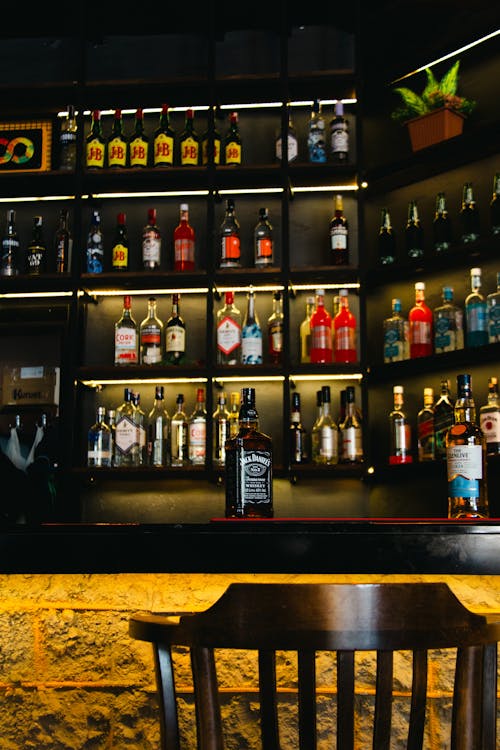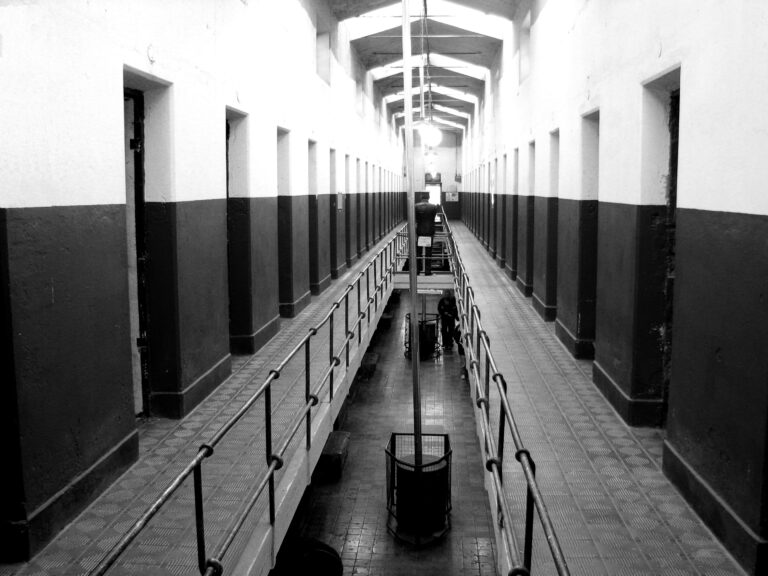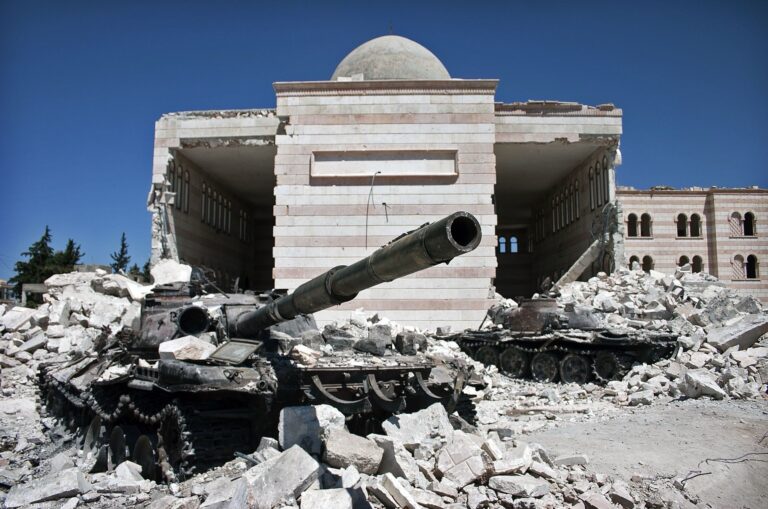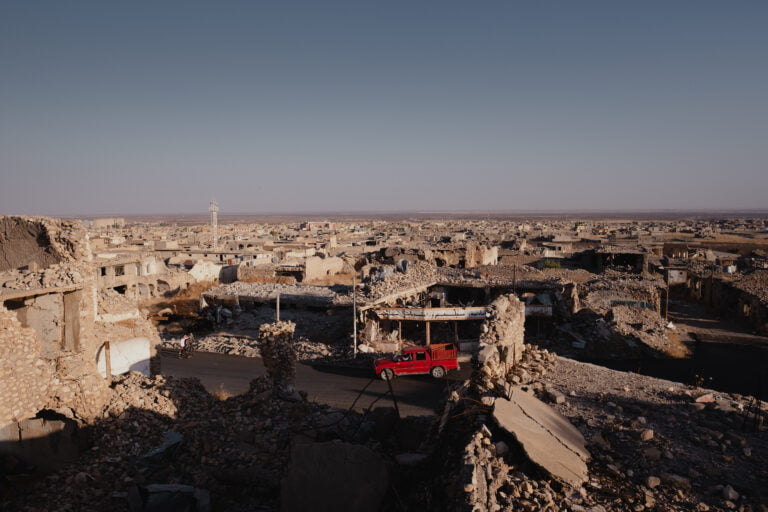Iraq’s ongoing crackdown on alcohol sales, which began in 2023 after years of sporadic enforcement, has led to the closure of numerous private clubs and venues, particularly those owned by Iraq’s Ezidis and Christians. While a 2016 law banning alcohol was passed to align with conservative religious values, its enforcement has escalated in recent months due to the influence of conservative lawmakers in parliament.
The closures of long-standing social clubs, which had been centers of community life, have severely impacted minority groups who argue the law unfairly targets their cultural practices. Despite the restrictions, alcohol remains accessible through informal channels, such as underground shops and delivery services, leading to accusations of government hypocrisy.
The government justifies the crackdown by citing alleged links between alcohol-serving establishments and criminal activities like gang violence. However, critics contend that the ban has only fueled black markets and increased violence, without addressing the root causes of crime.
Attempts to challenge the law in court have been unsuccessful, leaving many affected businesses with few options. Some are considering relocating or emigrating altogether. For now, the alcohol subculture in Baghdad is caught in a struggle between rising conservatism and the cultural freedoms of Iraq’s minorities.







